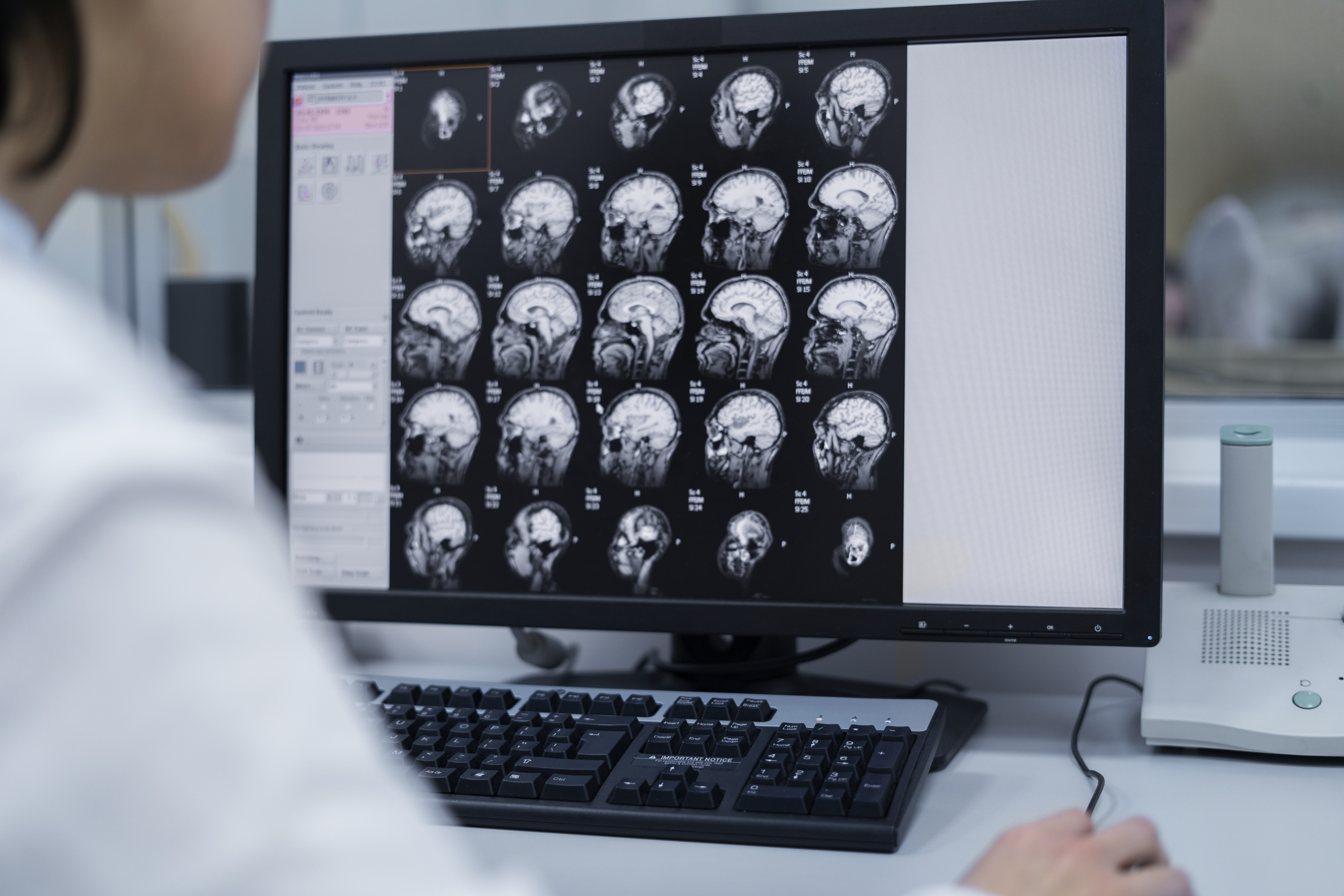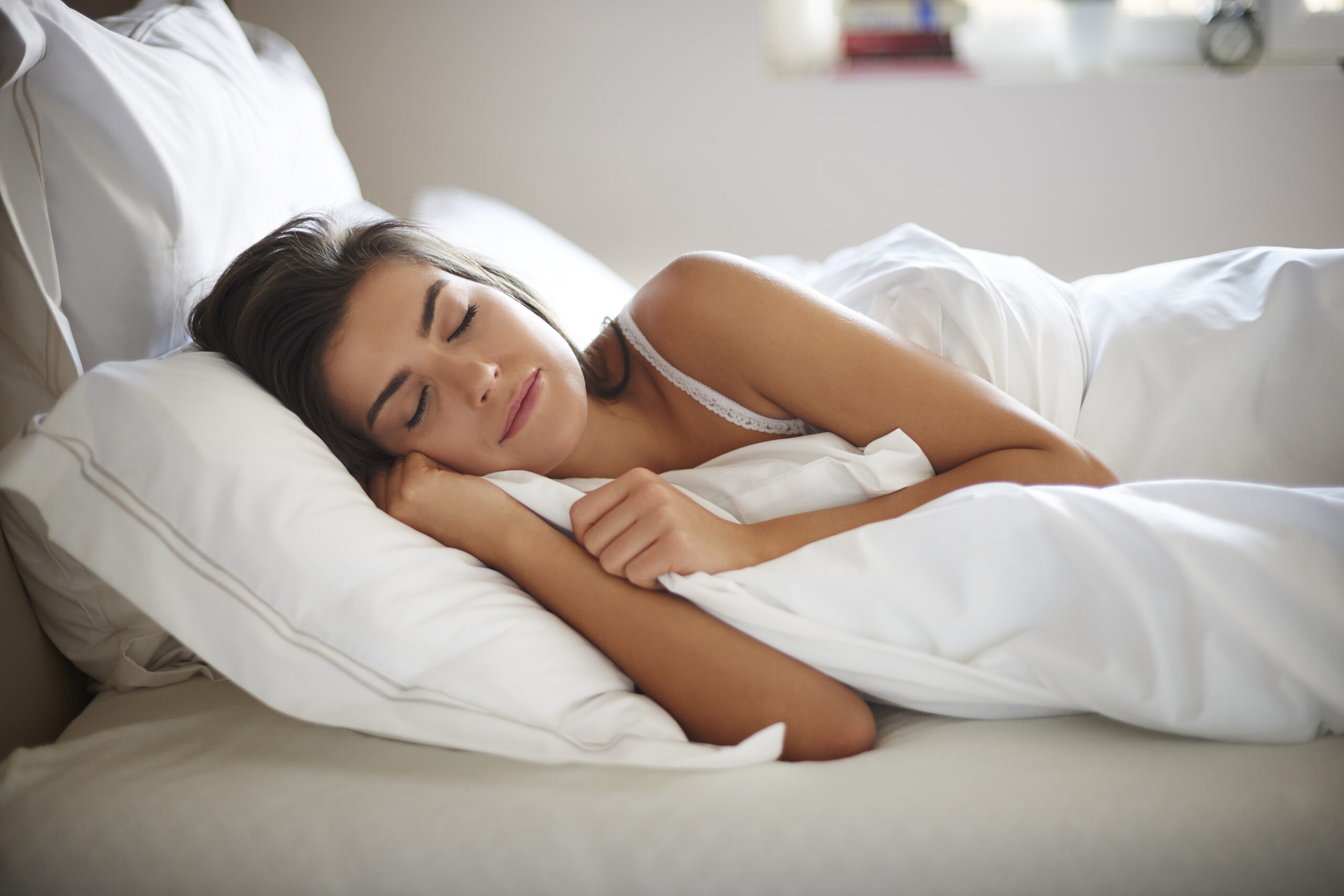Vertigo is not a disease but a symptom that can occur for multiple causes. This condition may be momentary or last for a more extended period. It can affect anyone.
It is generally the result of an imbalance between the right and left vestibular system functions. The system influences postural muscle tension, statics, and locomotion. Moreover, it participates in creating visual and spatial experiences. It has connections with the autonomic system. The sense of movement of the whole body or part of it is triggered, among others, by alternating irritation and inhibition of the appropriate vestibular organ.
When the vestibular system is damaged, especially its peripheral part, the patient experiences vertigo.
The system comprises multiple sense organs, including the labyrinthine (vestibular) system, the organ of vision, and the sense of deep sensation. The receptors in the latter are sensitive to pressure, stretching, and tension in the muscles and tendons, which help us evaluate the position of our limbs without visual cues. The central nervous system receives information from these systems and analyzes it to send excitatory impulses to the oculomotor and skeletal muscles. This process stabilizes our gaze and maintains balance in different head and body positions.
Central and peripheral vertigo are distinguished depending on where the cause of vertigo is located.
Peripheral vertigo![]() is dizziness caused by a peripheral cause, i.e., outside the central nervous system. These include:
is dizziness caused by a peripheral cause, i.e., outside the central nervous system. These include:
Central vertigo![]() is dizziness that is caused by the major nervous system conditions. These include:
is dizziness that is caused by the major nervous system conditions. These include:
The main symptom![]() is a feeling of movement or spinning, which may result in nausea and vomiting.
is a feeling of movement or spinning, which may result in nausea and vomiting.
Visual disturbances (scotoma), headache, impaired consciousness, convulsions, and paresis of limbs or cranial nerves may accompany them.
In the peripheral type, the patient has the impression of circular movements. They start suddenly, are very intense, especially at the beginning, become weaker over time, last from several dozen minutes to several hours, and head movements intensify them. They may be accompanied by hearing disorders (hearing loss, deafness, tinnitus, feeling of fullness in the ear) and, very rarely, headaches.

If you experience vertigo, consult your doctor. The specialist should start a visit with a medical interview![]() . Its goal is to determine whether the patient's sensations indicate systemic or non-systemic vertigo. The doctor may ask whether the patient feels:
. Its goal is to determine whether the patient's sensations indicate systemic or non-systemic vertigo. The doctor may ask whether the patient feels:
It is also crucial to determine the characteristics of vertigo over time:
The specialist will also ask whether there are other symptoms coexisting with vertigo and under what circumstances this condition occurs:
The patient will be asked whether there were factors preceding the onset of symptoms:
It is significant to talk about overall health, especially about the risk of vascular disease:
The doctor usually also asks about family medical history, taking prescriptions (remember that vertigo may result from side effects of medications), or using stimulants (e.g., alcohol or caffeine).
Tests for diagnosing vertigo include, e.g.:
At this stage, the specific cause of the disease can already be recognized. To make it more precise, you can additionally perform, depending on the need, e.g.:

Therapy for vertigo depends on the cause of this condition. In many circumstances, it goes away without any treatment. It is because the brain can adjust, at least partially, to the inner ear modifications, depending on additional mechanisms to maintain balance.
Central compensation is the primary goal of vestibular rehabilitation![]() . It should be used as early as possible. It effectively controls persistent dizziness resulting from damage to the peripheral part of the vestibular system, both in unilateral and bilateral dysfunction cases.
. It should be used as early as possible. It effectively controls persistent dizziness resulting from damage to the peripheral part of the vestibular system, both in unilateral and bilateral dysfunction cases.
Drug therapy![]() is warranted if dizziness persists for several hours to several days. On the one hand, in shorter-term dizziness, drugs usually have no effect, and on the other hand, prolonged therapy impairs the central mechanisms for compensating vestibular functions, which are the most effective in combating dizziness.
is warranted if dizziness persists for several hours to several days. On the one hand, in shorter-term dizziness, drugs usually have no effect, and on the other hand, prolonged therapy impairs the central mechanisms for compensating vestibular functions, which are the most effective in combating dizziness.
In everyday practice, in the acute phase of symptoms, antihistamine and antiemetic drugs are used (in most patients, drugs of choice), and if there is no effect, sedative drugs (benzodiazepines). Sedatives are not recommended for treating vertigo unless the symptoms are severe. Medications should be used for the shortest possible time and discontinued when the symptoms can be controlled without pharmacotherapy. This approach enables the activation of compensatory mechanisms.
In some circumstances, surgery![]() may be fundamental to treating vertigo. If the underlying cause of the condition is a severe problem like a tumor or brain or neck injury, managing those problems could reduce the vertigo symptoms.
may be fundamental to treating vertigo. If the underlying cause of the condition is a severe problem like a tumor or brain or neck injury, managing those problems could reduce the vertigo symptoms.
In case of any ailments, it is always worth using natural and safe ways to alleviate them first. They are available almost immediately.
First of all, when vertigo appears:
Below are other helpful tips.
One technique is The Epley Maneuver![]() . It is also called canalith repositioning. This method uses head and body movements to remove crystals from inner ear canals.
. It is also called canalith repositioning. This method uses head and body movements to remove crystals from inner ear canals.
The person lies on their back for 2 minutes with their head tilted back off the couch and turned 45° towards the affected ear, then turns 90° towards the healthy ear. This results in the otoliths' displacement to the semicircular canal's mouth. Then, they rotate their head another 90° towards the healthy ear and tilt it down. The individual stays in this position for about 2 minutes. Then, they return to the sitting position, which causes the otoliths to move into the vestibule.
Exercise![]() is an antidote to many diseases. It not only improves coordination and balance but also blood circulation. Thanks to this, the body is better nourished and oxygenated. Regular activity not only has a positive impact on your well-being but also effectively reduces dizziness.
is an antidote to many diseases. It not only improves coordination and balance but also blood circulation. Thanks to this, the body is better nourished and oxygenated. Regular activity not only has a positive impact on your well-being but also effectively reduces dizziness.
If you have trouble falling asleep, do not force yourself to fall asleep. You should go to bed and stay in bed only if you feel drowsy. Do not force yourself to fall asleep earlier than usual.
Other than sleeping![]() everyday activities should also be separated from the bedroom. Watches should also be removed from the bedroom or placed so that they are not visible or accessible from the bed. If you can't help but want to know what time it is at night, you can always check it in another room.
everyday activities should also be separated from the bedroom. Watches should also be removed from the bedroom or placed so that they are not visible or accessible from the bed. If you can't help but want to know what time it is at night, you can always check it in another room.
It is better not to perform emotionally or physically arousing activities in the evening. If you have to work longer in the evening or have experienced something unpleasant, you should delay going to bed.
In the evening, it is also recommended to wear loose clothes, 1-2 hours before going to bed, it is worth taking a warm bath, after which you should do pleasant activities, for example listening to relaxing music.

Relaxation means reduced muscle tension, general body mobilization, and inner peace. There are many relaxation techniques.
Biofeedback![]() is a therapeutic method that involves learning to control changes in physiological activity. A particular machine is used for it. Data regarding the patient's biological activity is continuously collected, processed, and provided in the form of feedback (visual or acoustic), thanks to which the individual can modify this activity. Presenting information about changes in body function allows us to direct attention to these processes to influence their course, even if they are usually unconscious. The flow path of this information creates a closed loop. Two phenomena are responsible for the psychophysiological effect of biofeedback therapy: psychological–instrumental conditioning and neurophysiological–neuroplasticity of the nervous system.
is a therapeutic method that involves learning to control changes in physiological activity. A particular machine is used for it. Data regarding the patient's biological activity is continuously collected, processed, and provided in the form of feedback (visual or acoustic), thanks to which the individual can modify this activity. Presenting information about changes in body function allows us to direct attention to these processes to influence their course, even if they are usually unconscious. The flow path of this information creates a closed loop. Two phenomena are responsible for the psychophysiological effect of biofeedback therapy: psychological–instrumental conditioning and neurophysiological–neuroplasticity of the nervous system.
One of them is visualization![]() . It involves actively creating multi-sensory images and feeling the accompanying emotions. Images are the mental representation of an absent object or event. The direct purpose of their use is to induce a specific change depending on the content of the image being created. The essence of visualization training is to use imagination in such a way as to properly “program” the mind to change actions or thought patterns, which leads to increased adaptation and development possibilities.
. It involves actively creating multi-sensory images and feeling the accompanying emotions. Images are the mental representation of an absent object or event. The direct purpose of their use is to induce a specific change depending on the content of the image being created. The essence of visualization training is to use imagination in such a way as to properly “program” the mind to change actions or thought patterns, which leads to increased adaptation and development possibilities.
This method stimulates specific anatomical points on the skin surface by puncturing thin metal needles, which can be produced manually or electrically. The effect of acupuncture![]() depends on stimulation and involves activating the body's neuroendocrine response with the involvement of peripheral and central mechanisms.
depends on stimulation and involves activating the body's neuroendocrine response with the involvement of peripheral and central mechanisms.